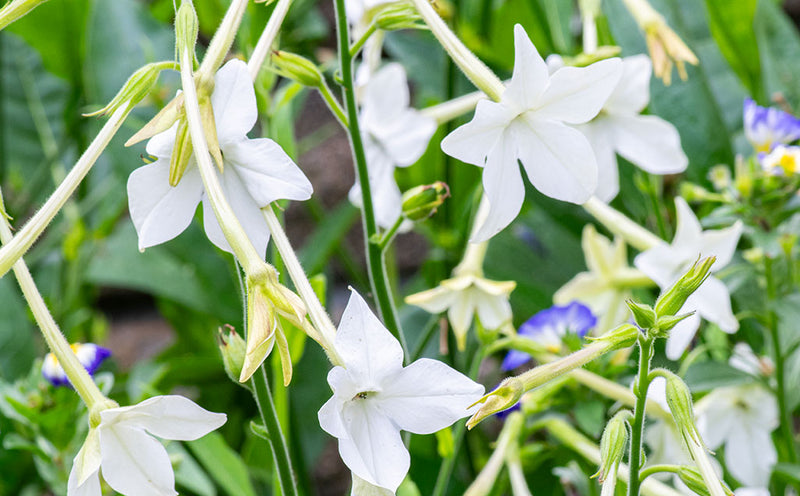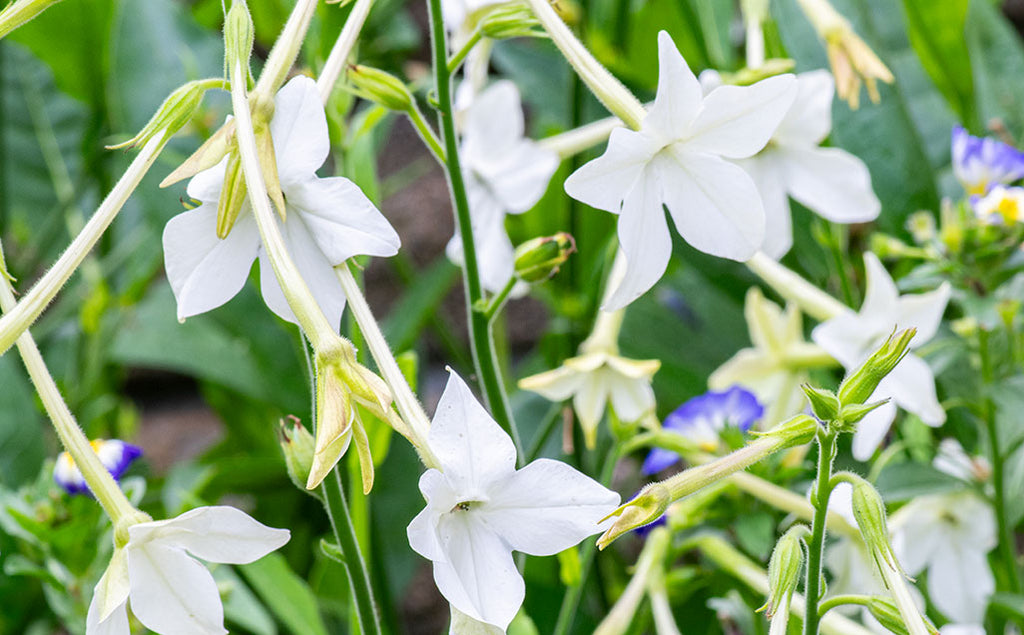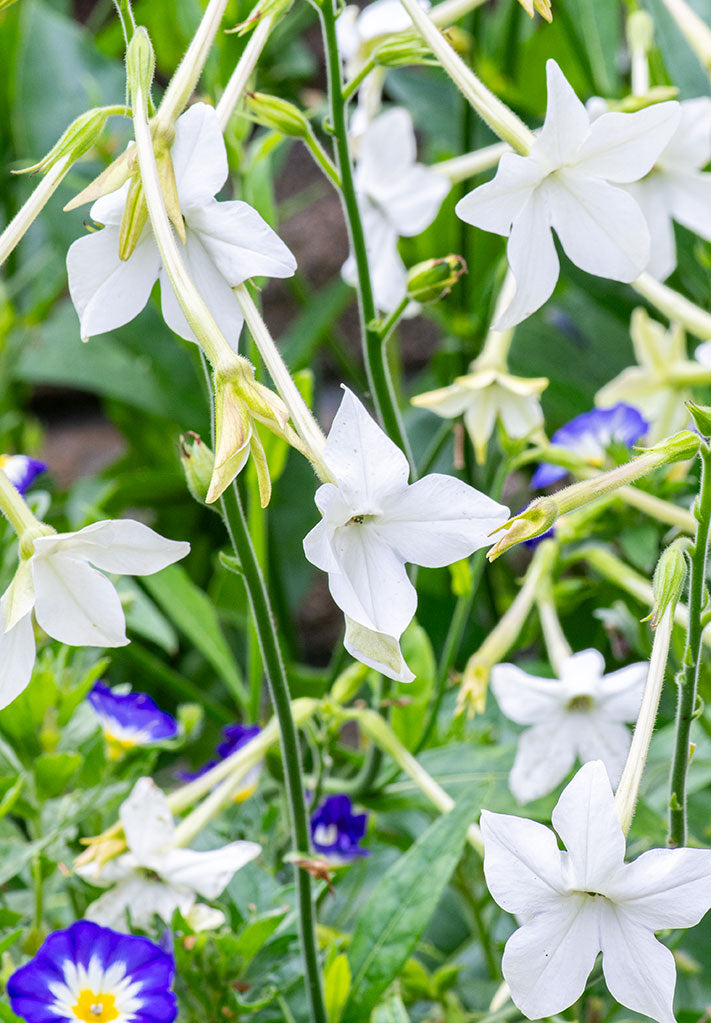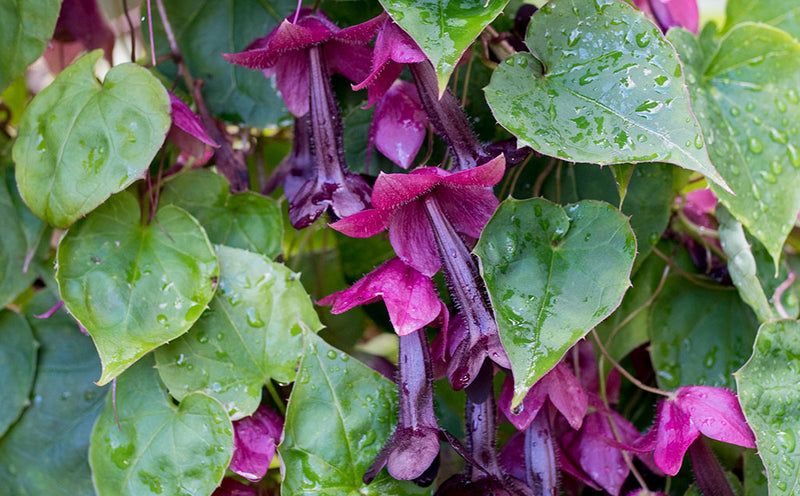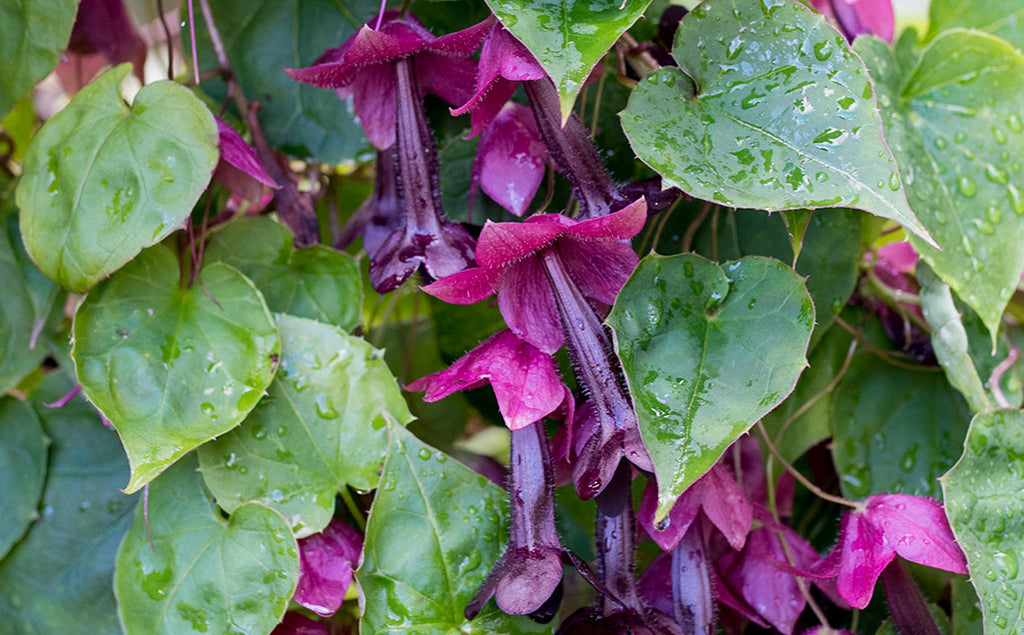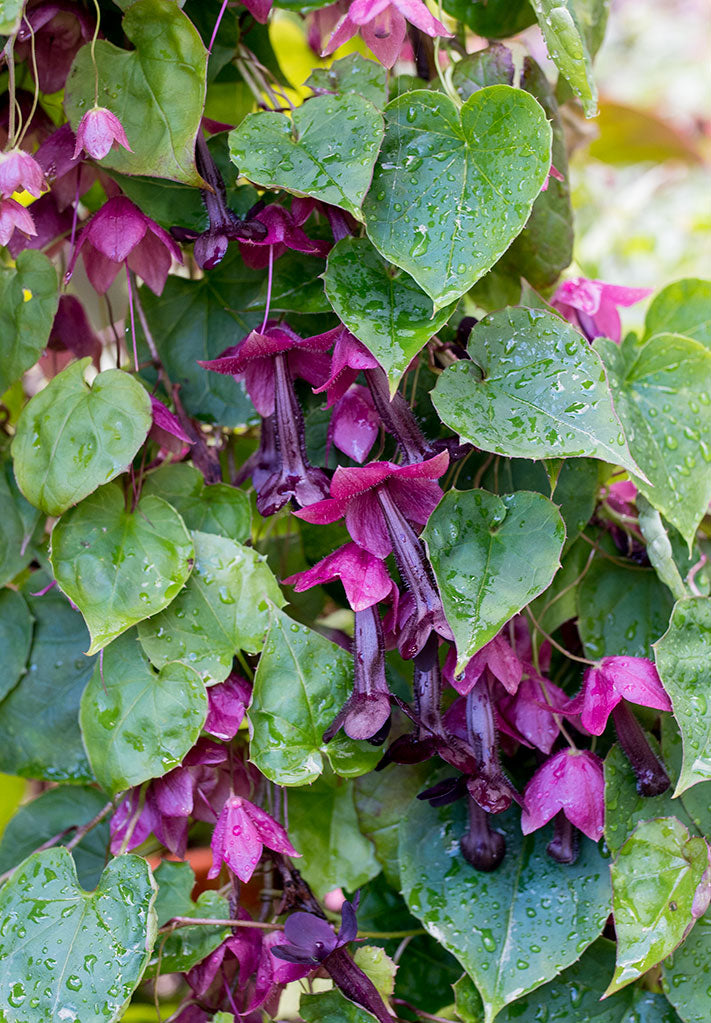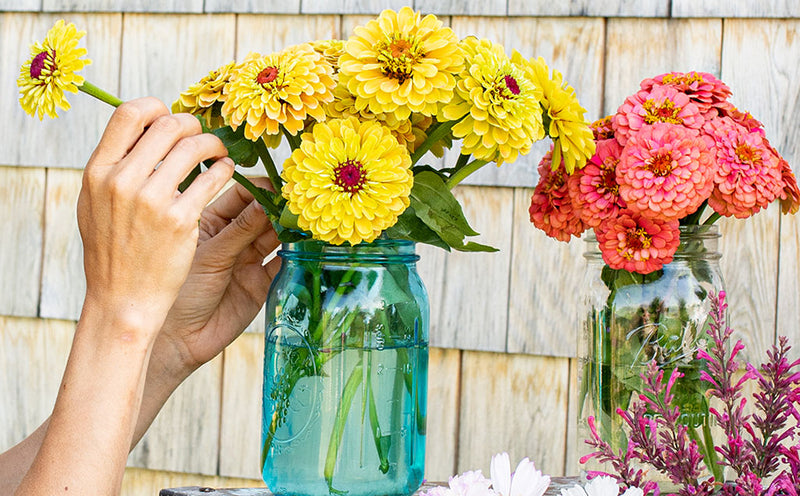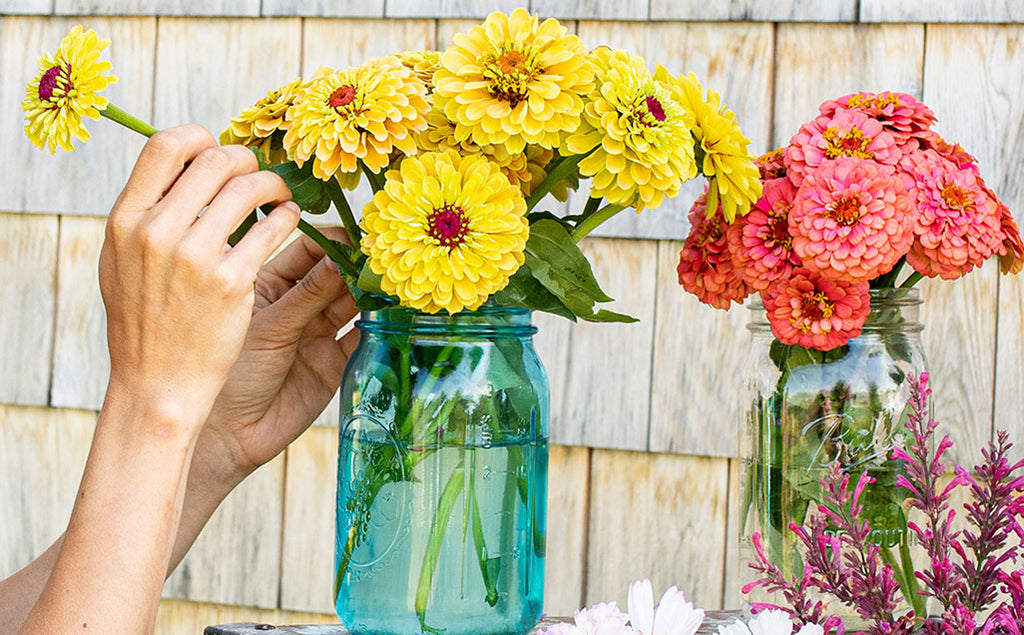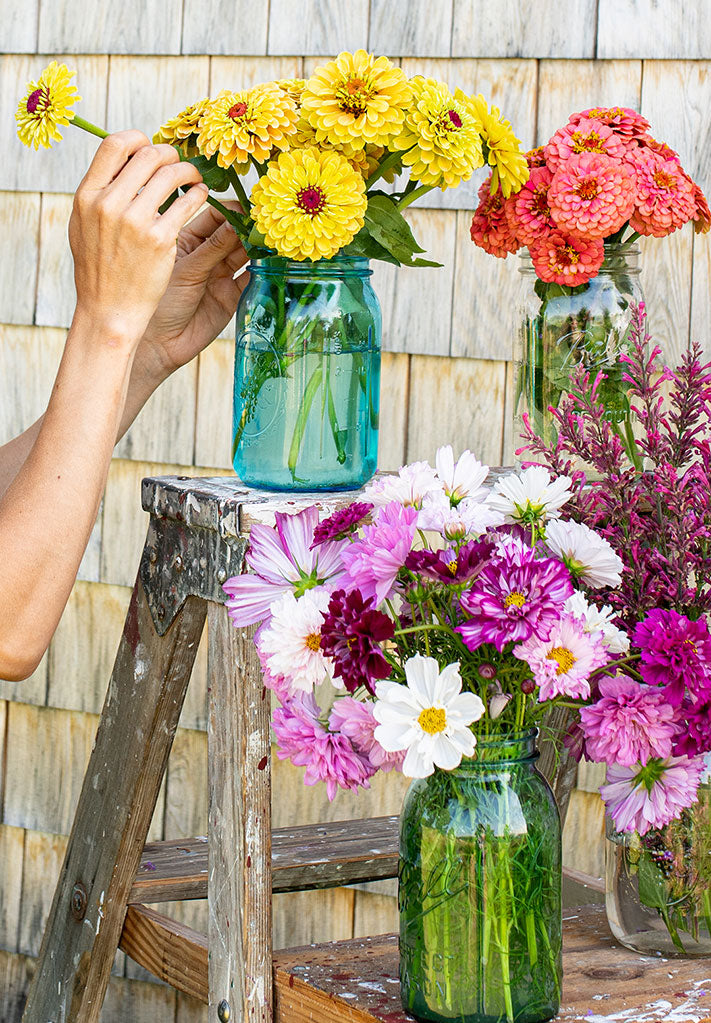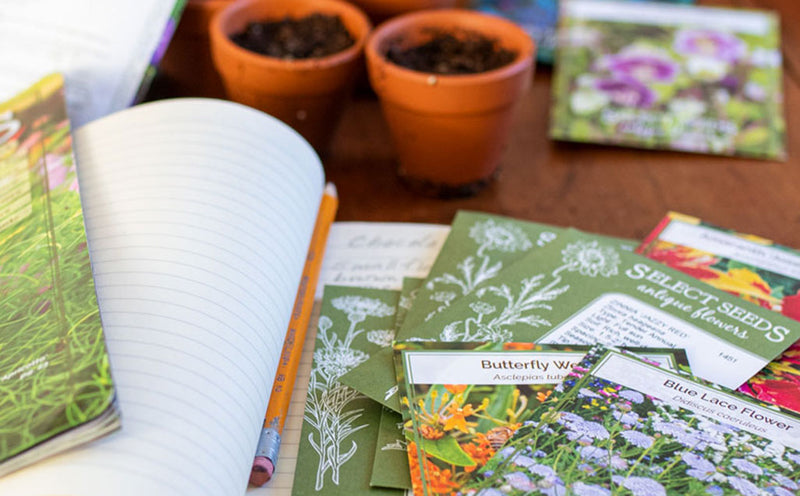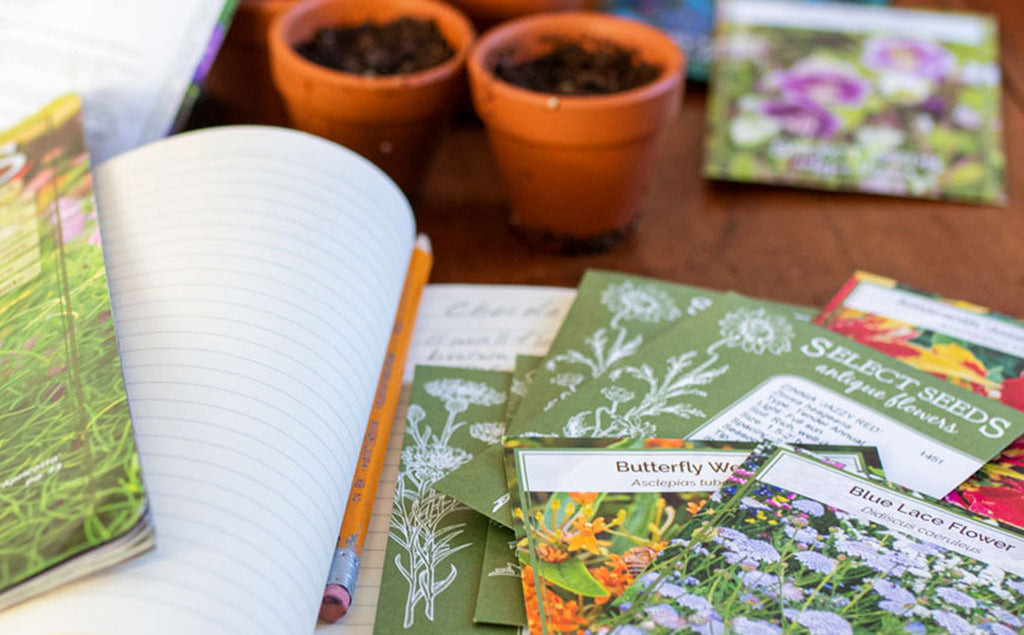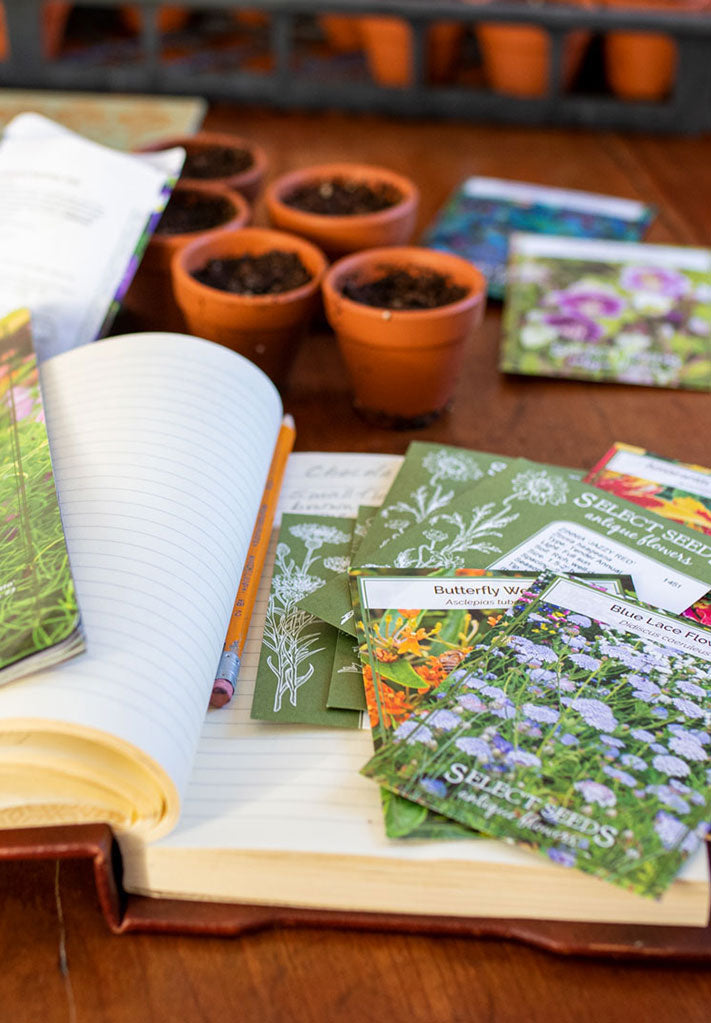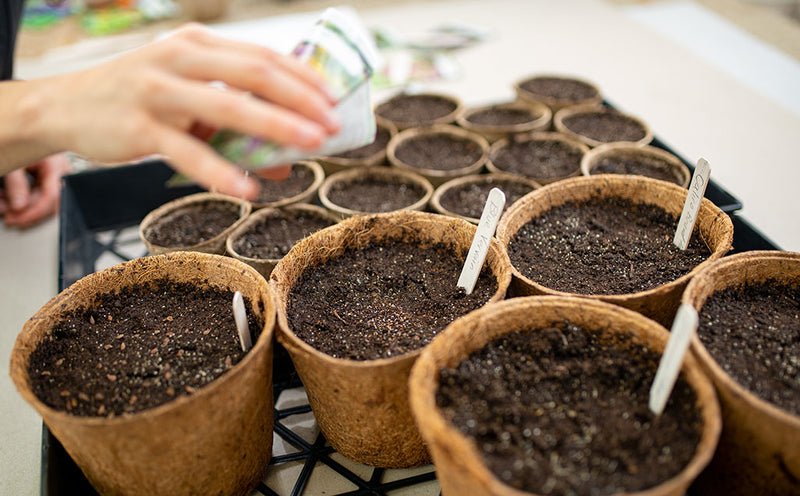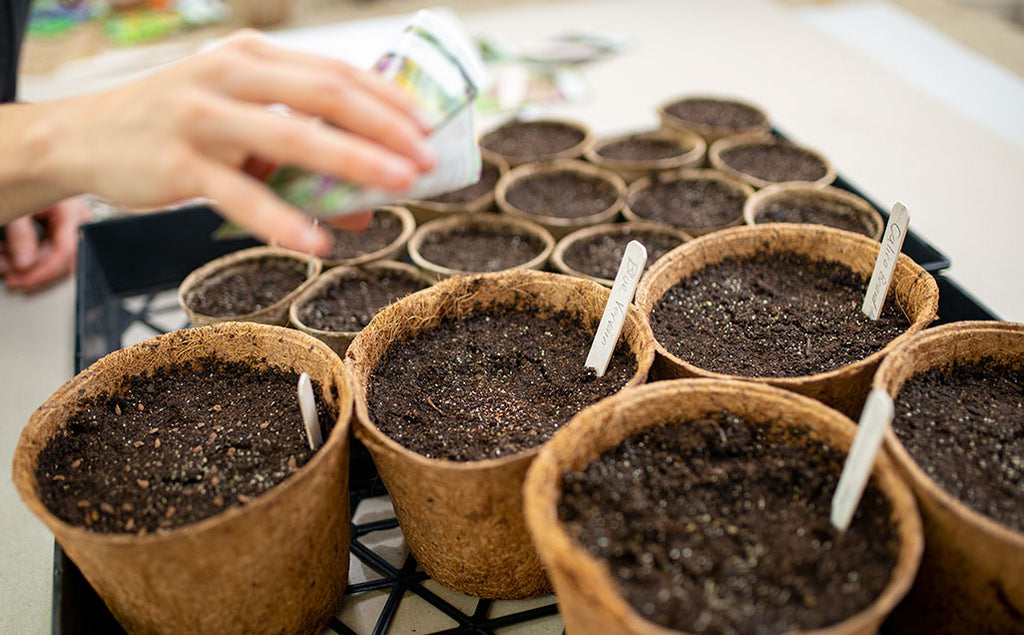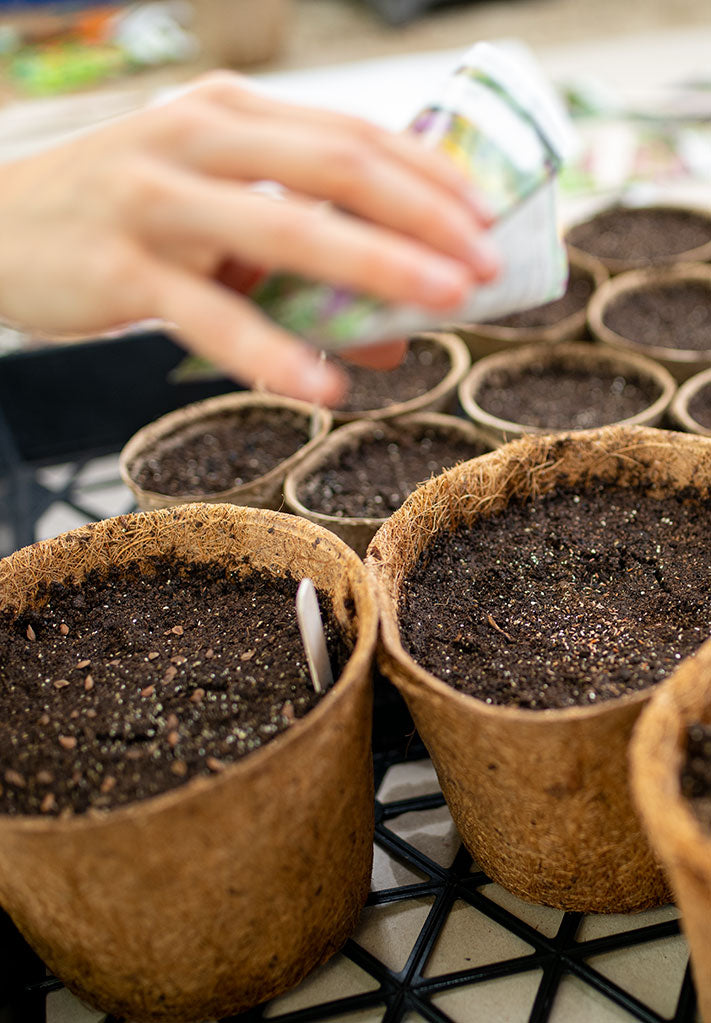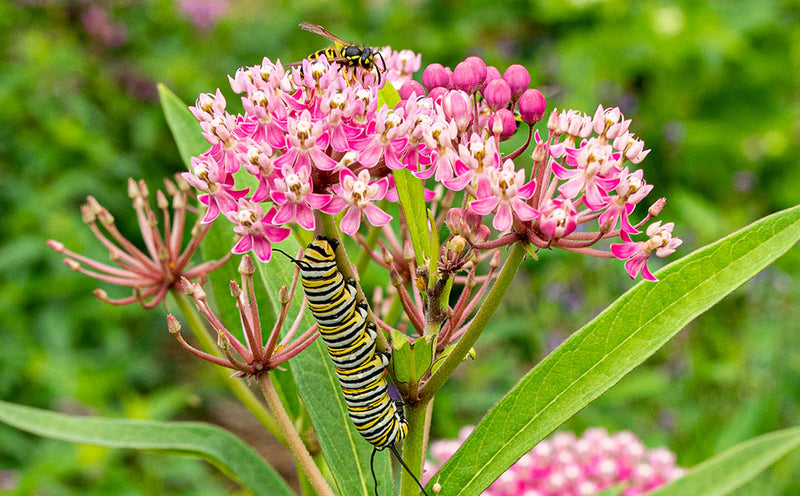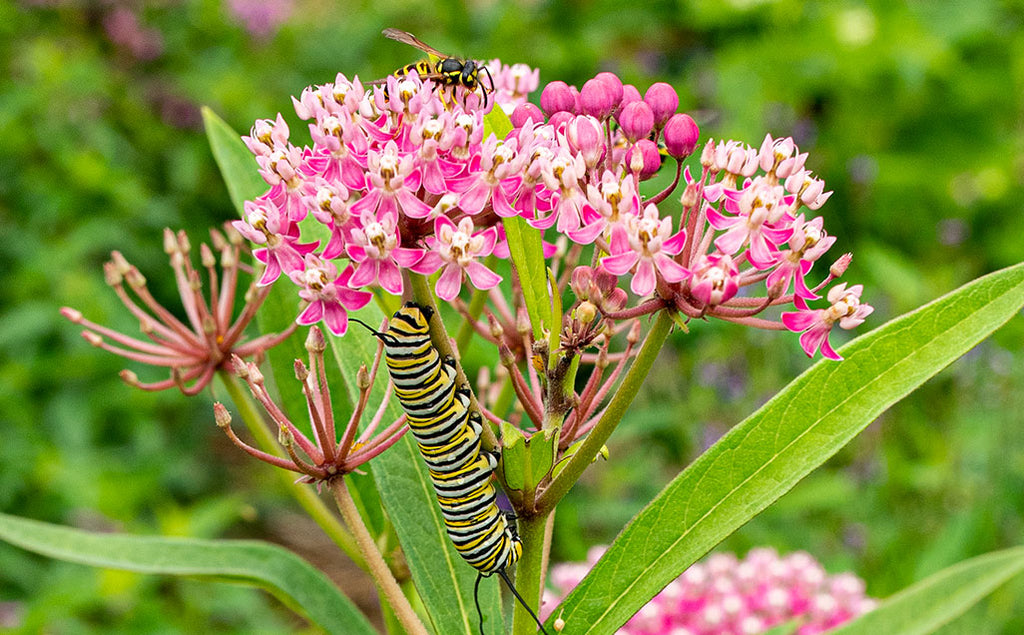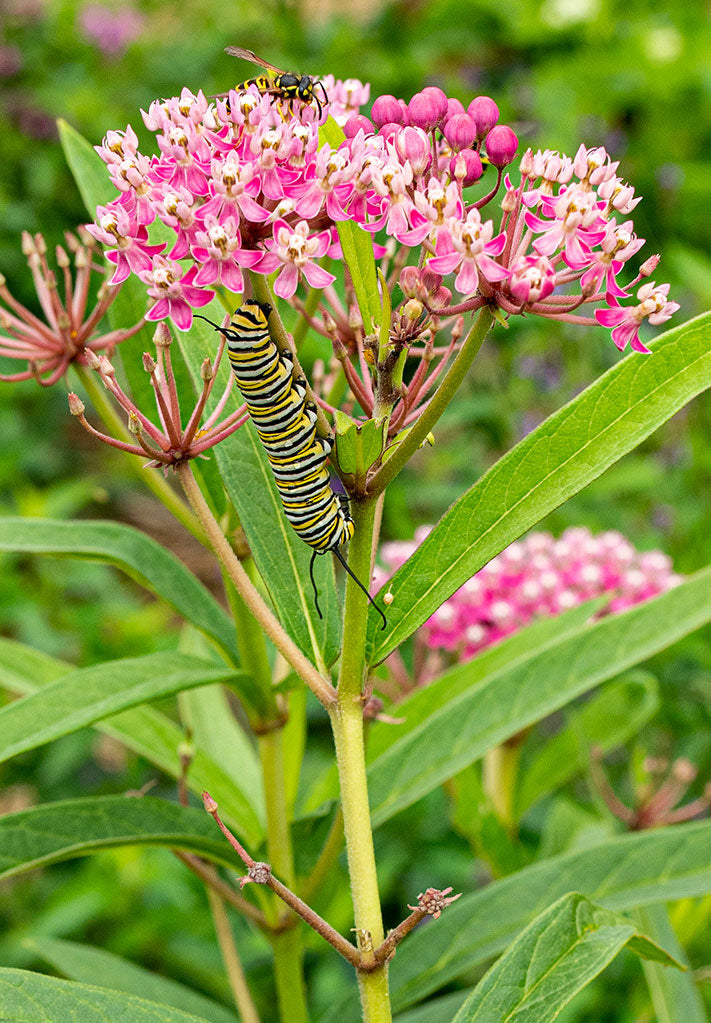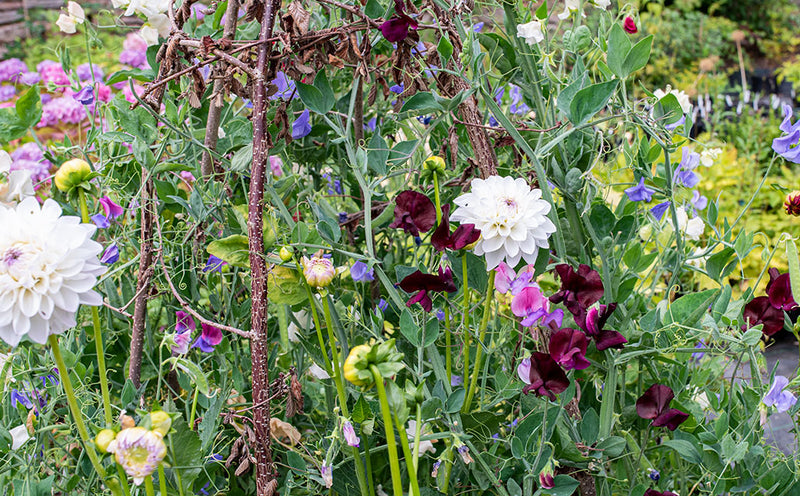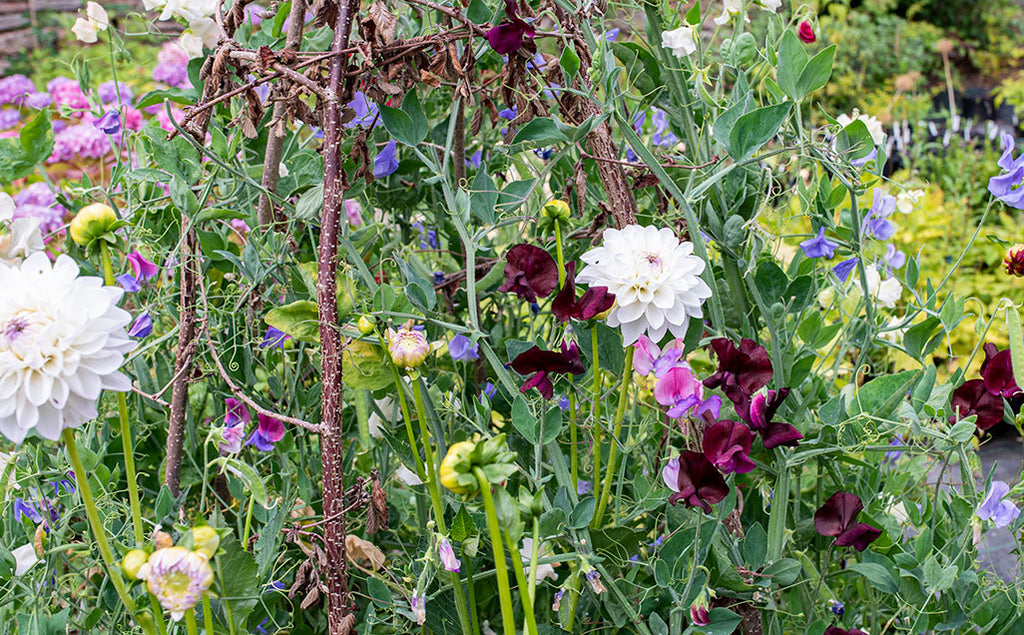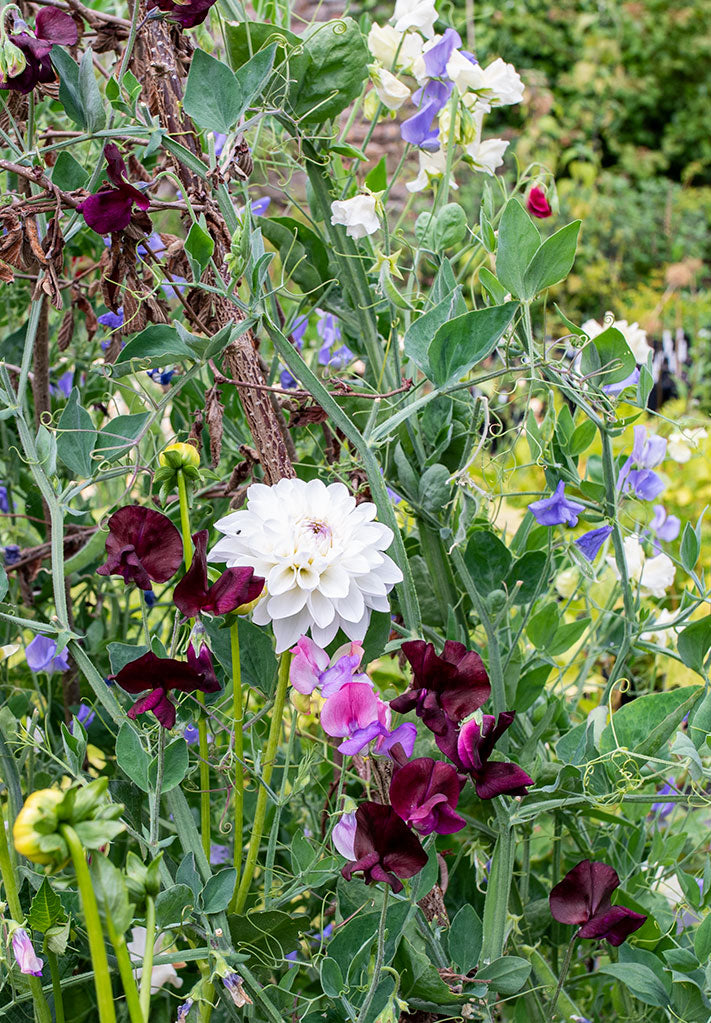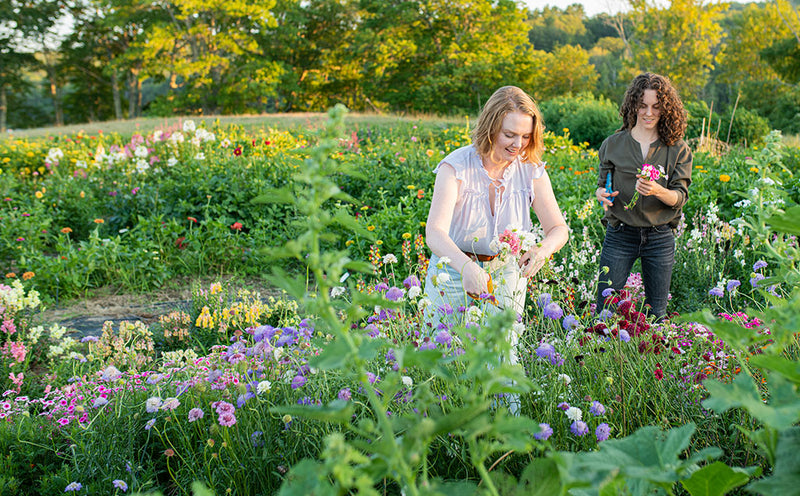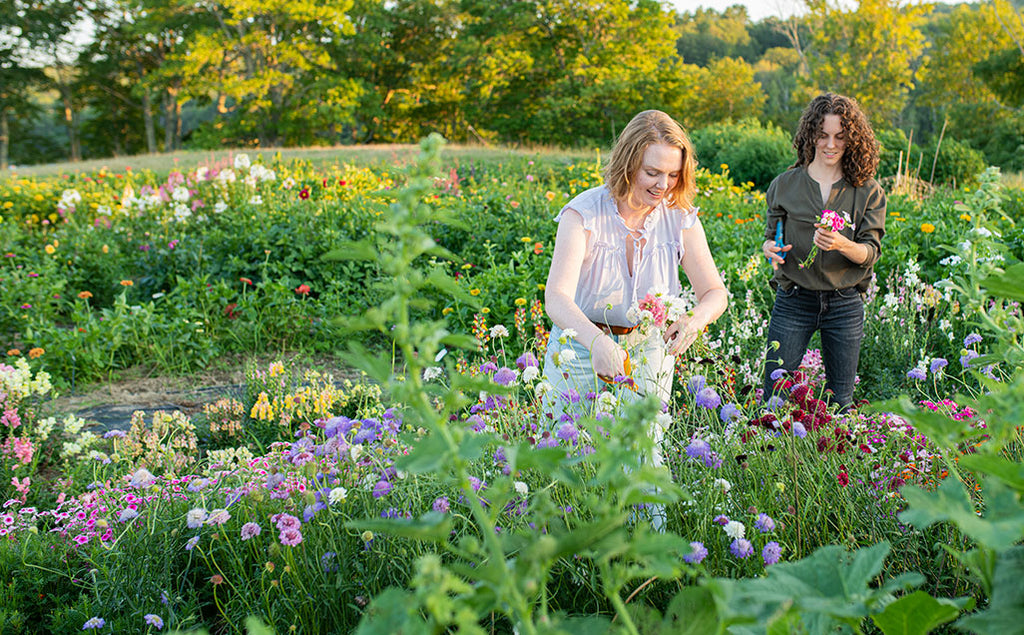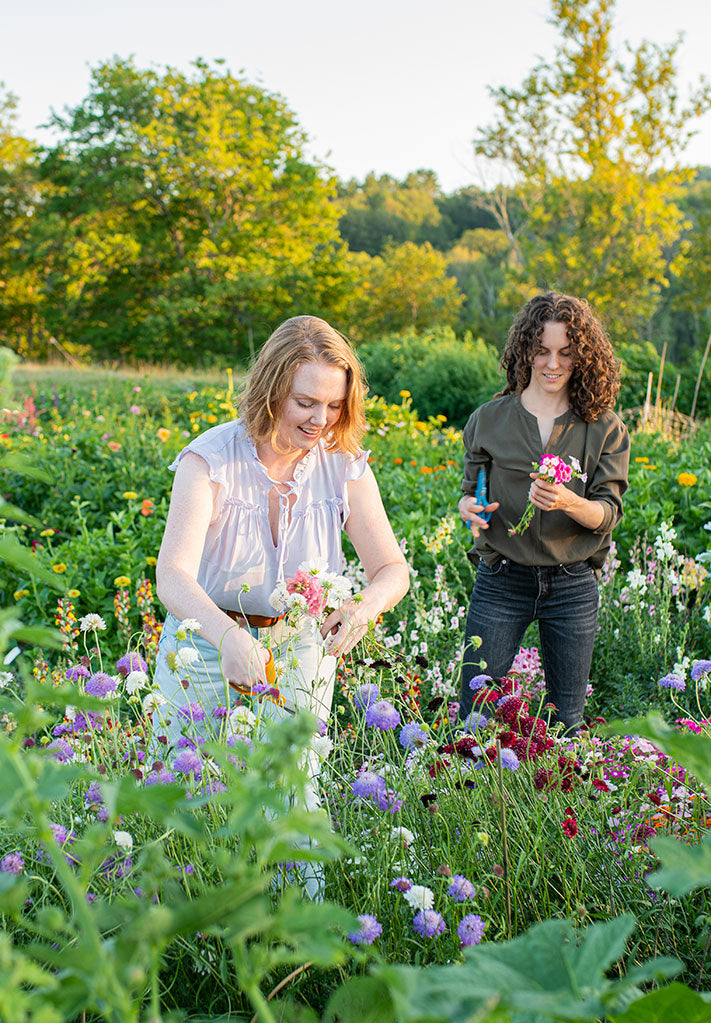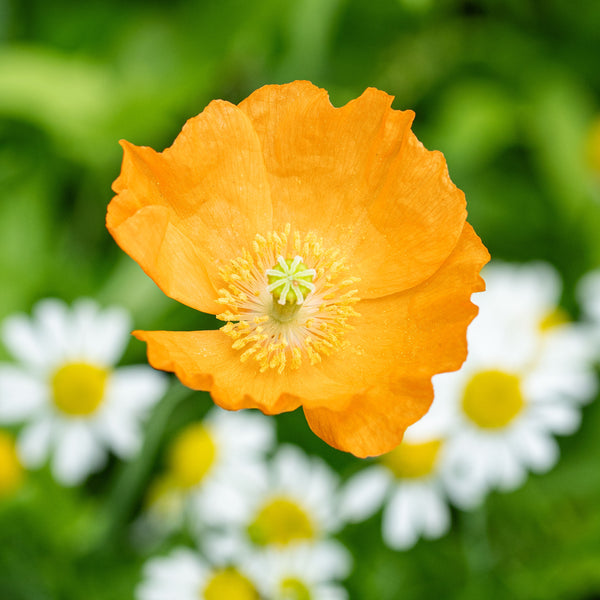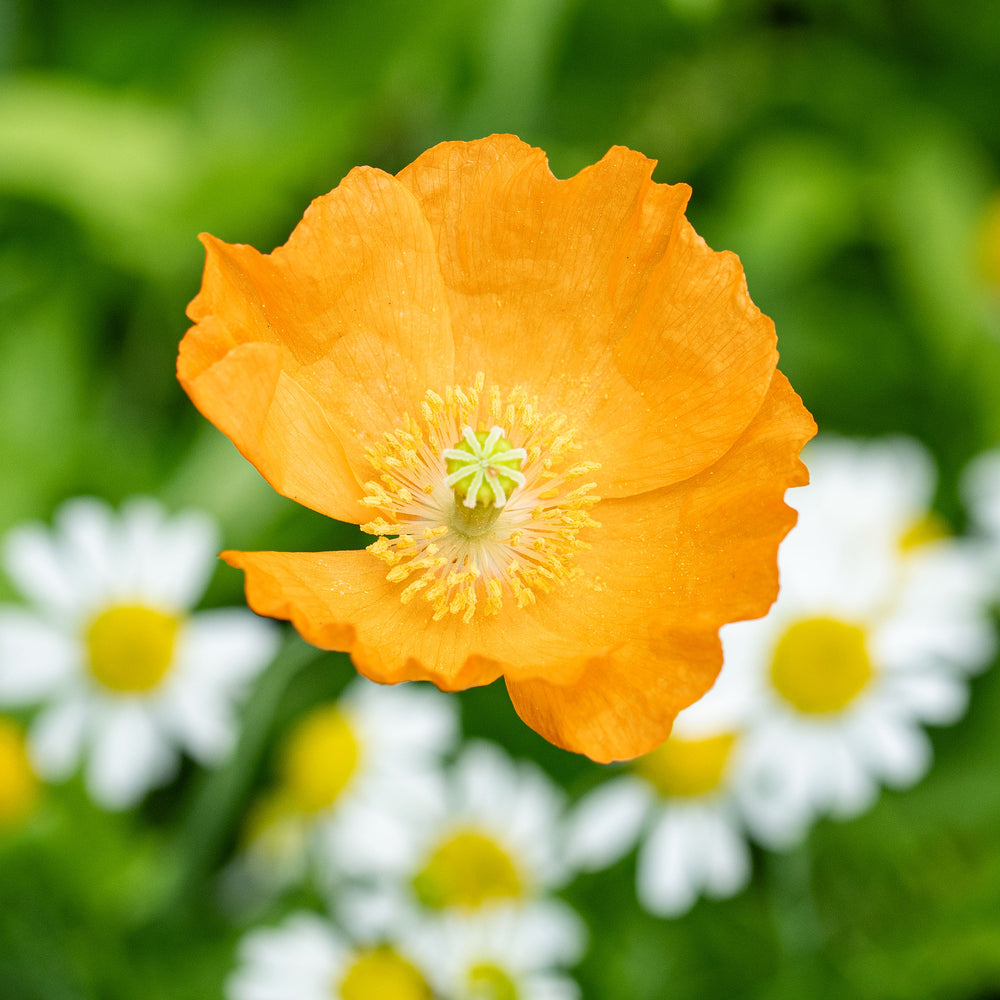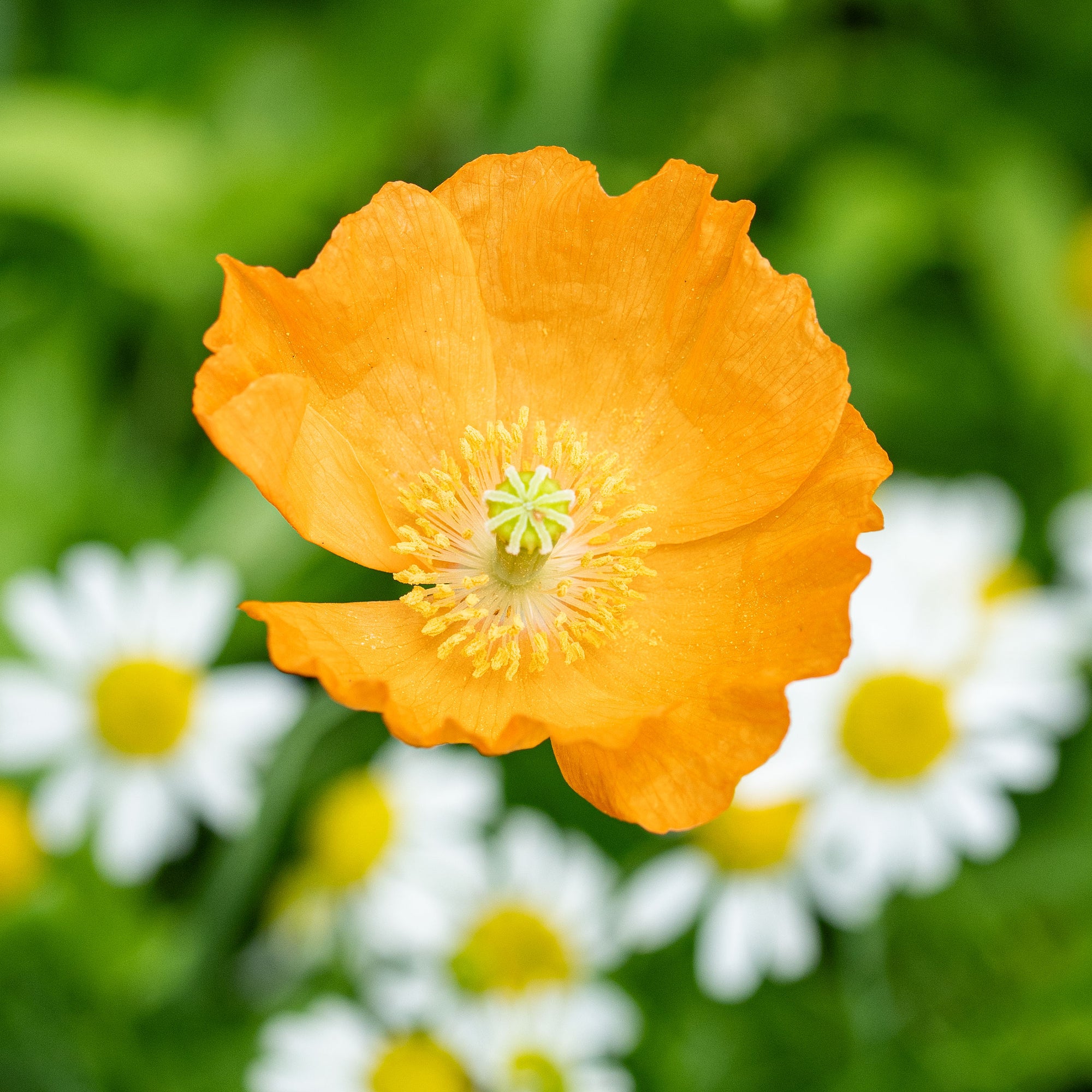SOWING INSTRUCTIONS
Depth:
Surface sow; press in. These seeds require light to germinate.
Starting Indoors:
Sow in pots 6-8 weeks before last frost, cover lightly with vermiculite or a humidity dome and keep at 65-70°F until germination, then at 50-60°F. Be very gentle when transplanting, as poppies do not like to be disturbed.
Starting Outdoors:
Direct sow in mid-spring to early summer for flowers the next year.
WHEN TO SET OUTSIDE
At last spring frost date.
PLACEMENT & CULTIVATION
A short-lived perennial that seeds around where happy, Spanish poppy is easy to grow, preferring well-drained soils. The cup-shaped blooms dancing at the tops of the wiry stems are a wonderful rare hue of soft orange. Grow in containers, rock, and gravel gardens, best weaving amongst grasses in drier meadow plantings. In garden settings deadhead for bloom all season.
Watering Details:
These plants tolerate drought. About an inch of water per week is more than sufficient once they are established.
Soil pH:
Slightly acidic to neutral—if soil is acidic, add some lime before planting.
Fertilizer:
Mix in 2" inches of compost prior to planting.
Diseases & Pests:
Fungal diseases can be prevented by spacing at least 1' apart for good air circulation. If slugs and snails damage seedlings, sprinkle the surrounding soil with pelletized iron phosphate, crushed eggshells, or diatomaceous earth.



